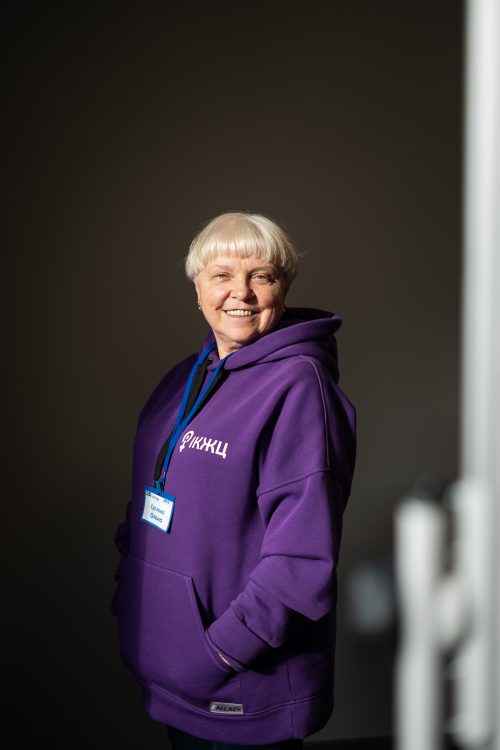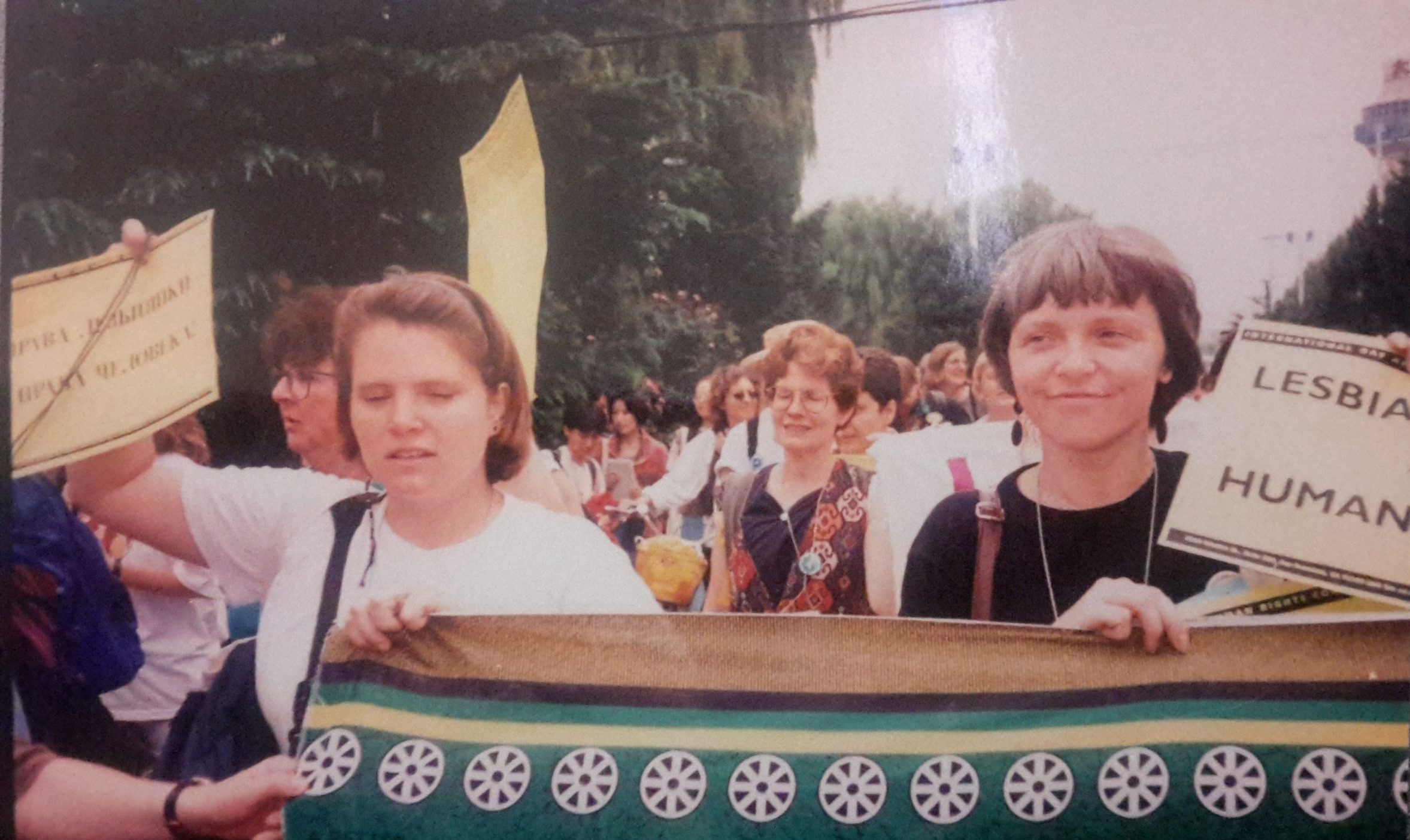However, despite the positive changes, there are also areas where we’ve seen regression. The implementation of the Beijing Platform for Action has been slow, and many gaps remain. But I’m still hopeful. The path to equality is a long one, and we must stay the course.
The struggles of older women
One area that continues to need attention is the rights of older women. As someone in my 60s, I can speak from personal experience. The biggest barrier to gender equality for older women is often internal. Many women, particularly older women, limit themselves in terms of their future, their capacity for growth, and their recognition of their own rights. There’s a deep-seated belief that age comes with a loss of value. But I am here to say: this is wrong.
Older women have immense human capital that is often underestimated. We carry wisdom, experience, and an understanding of the world that younger generations can learn from. But we need to break free from the chains of self-doubt and empower ourselves to continue contributing, to continue advocating for change. It’s not just about creating space for older women; it’s about recognising that we have a crucial role to play in shaping a better future.
Looking back and looking ahead
The Beijing Declaration and Platform for Action were a long-term strategy, and as I reflect on its implementation, I see both progress and gaps. There’s still much work to be done. But 30 years on, I feel as hopeful as I did in 1995. The journey has been challenging, but the fact that we are still fighting for equality speaks volumes about our resilience.
If I could offer one piece of advice to the younger generation of activists, it would be this: Never, never, never give up. The road to equality is not easy, but every step we take brings us closer to the world we envision.
The future of women’s rights
As we look ahead, I believe the collaboration between older and younger activists is crucial. We must work together, sharing our knowledge and experience while also embracing new tools and ideas. The fight for equality is a collective effort, and only by coming together – regardless of age or background – can we create lasting change.
Despite the challenges we face today, I remain optimistic. The progress we’ve made in the last 30 years is proof that change is possible. And as we continue to push forward, I know that our collective power – older and younger women alike – will continue to shape the future of gender equality.
As we celebrate the 30th anniversary of the Beijing Conference, let’s remember that we have made some astonishing progress. But let’s also recognise that the journey is far from over. We must keep pushing, keep fighting, and, most importantly, never give up. The future is ours to create.

Olena Suslova is a human rights and gender activist and researcher with more than 30 years of experience. She has worked in Ukraine as well as countries of the former Soviet Union as an expert and trainer on gender, peace, conflict transformation.
She is the founder of NGO the Women’s Information Consultative Center, which came into existence in 1995. She has published about 50 books, research articles, and manuals on gender issues. She has been heavily involved in the UN’s Women Peace and Security Agenda since 2010.


